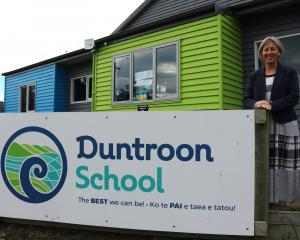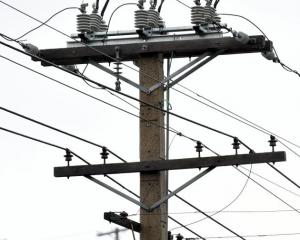All calves on a North Canterbury lifestyle block that has tested positive for Mycoplasma bovis have been euthanised.
Last week, the Ministry for Primary Industries confirmed three more properties had tested positive for the bacterial disease in the Waimate district, including two further Van Leeuwen Dairy Group farms, and the property near Rangiora.
That brought the total number of infected farms to six, including four VLDG properties and a farm in North Otago.
The North Canterbury lifestyle block received a small number of calves from the North Otago farm.
In an update to stakeholders, MPI said the calves were autopsied by an MPI veterinarian and a large number of samples taken to improve understanding of how M. bovis behaved under New Zealand conditions. The property remained under movement restrictions.
Meanwhile, the first round of testing of farms in the Van Leeuwen Dairy group, where the disease was first detected, had been completed with no further positive results and follow-up testing rounds were being planned.
MPI has addressed concerns raised recently over bull transfer for mating, saying the risk of spreading the disease through spring service bull transfer from farms not under stock movement control was considered ''very low''.
DairyNZ has worked with MPI and industry organisations to produce advice on managing service bulls.
Bulls should be kept separate from the herd for a few days so their health status can be monitored.
If leasing bulls out, it is recommended they be quarantined on their return for seven days and checked for lameness, especially arthritis, and any signs of respiratory disease. Farmers should ensure they know the health status of the farm they lease their bull to.
MPI believed infection was contained to a few properties and, therefore, most other animals across New Zealand were free of disease.
It also believed there was no new information to make this mating season, using artificial insemination, any different from previous seasons.
There was no documented scientific evidence from any country showing M. bovis had been transmitted to a cow in semen.
Semen was considered a low risk due to a long international history of safe trade and strict hygiene requirements around collection and use.
''Currently, we do not consider that there is the scientific justification to stop semen and embryo imports. However, we are reassessing the risk,'' MPI said.
The outbreak was New Zealand's first detected and semen had been imported for many years at the rate of about 250,000 straws a season.
If semen was a significant risk factor, a lot more disease than was being seen could be expected.
Eradication of M. bovis was still being aimed for but there was ''a lot that we still don't know'', MPI said.
''Once we know where it is in our national herd, we can make decisions around how it can be managed, and if eradication is possible.''
If it was only in a limited number of farms, there was a good chance ''we can get rid of it''. But if it had a much wider spread, that was not likely. No other country had ever managed to eradicate it.












